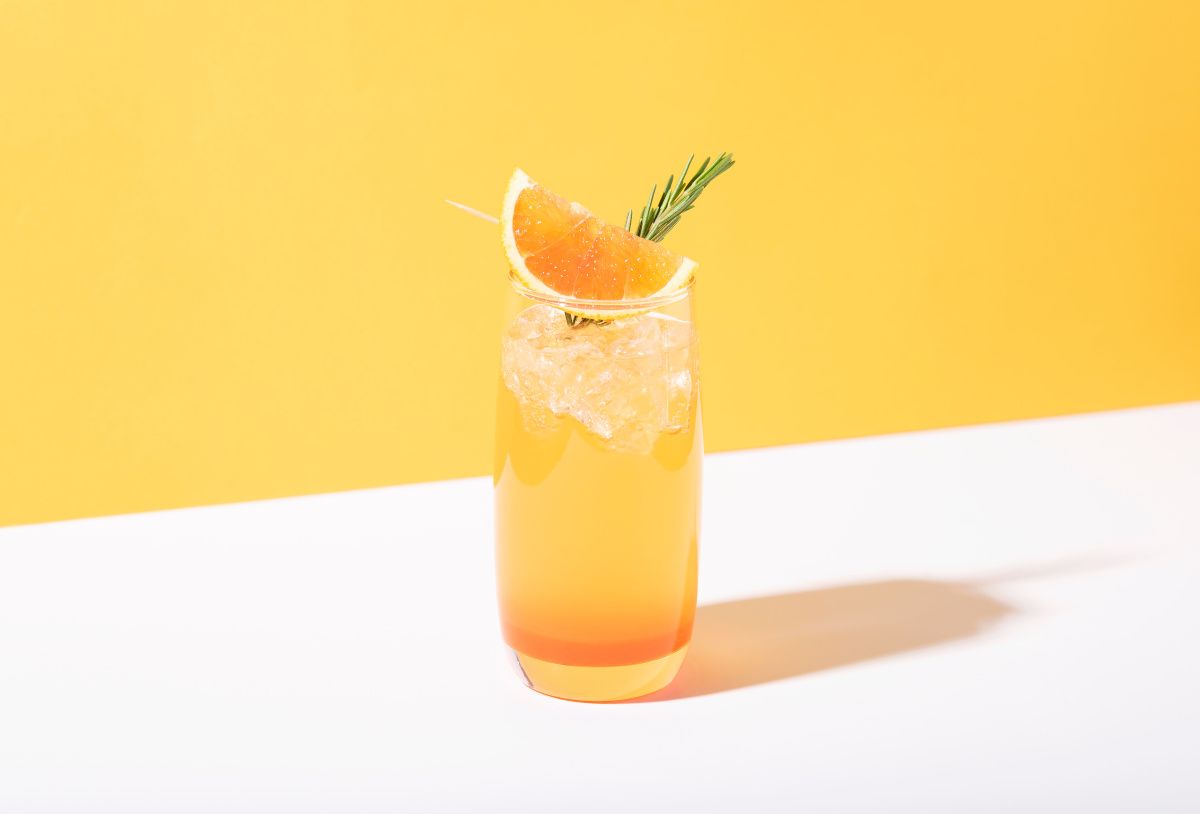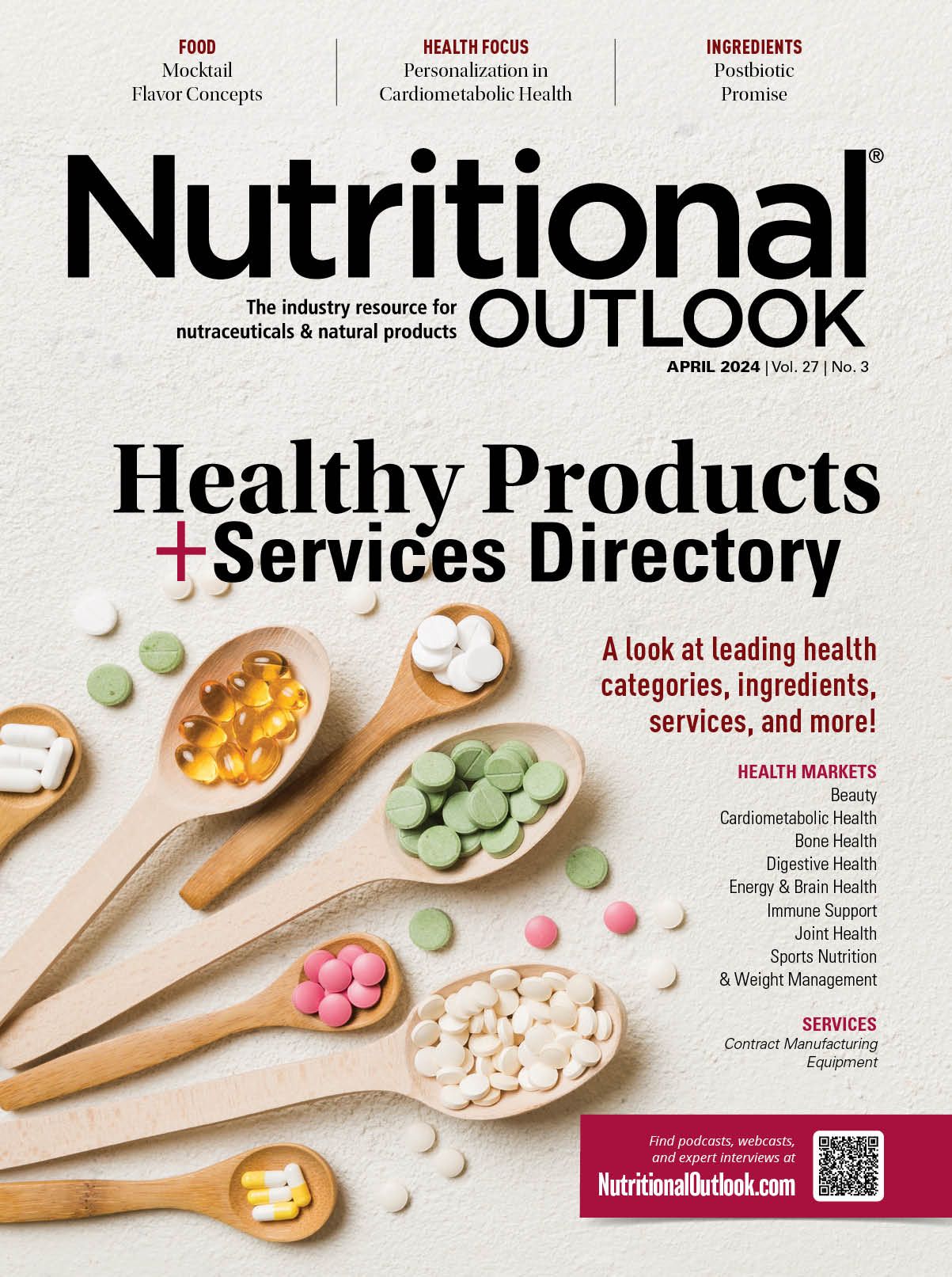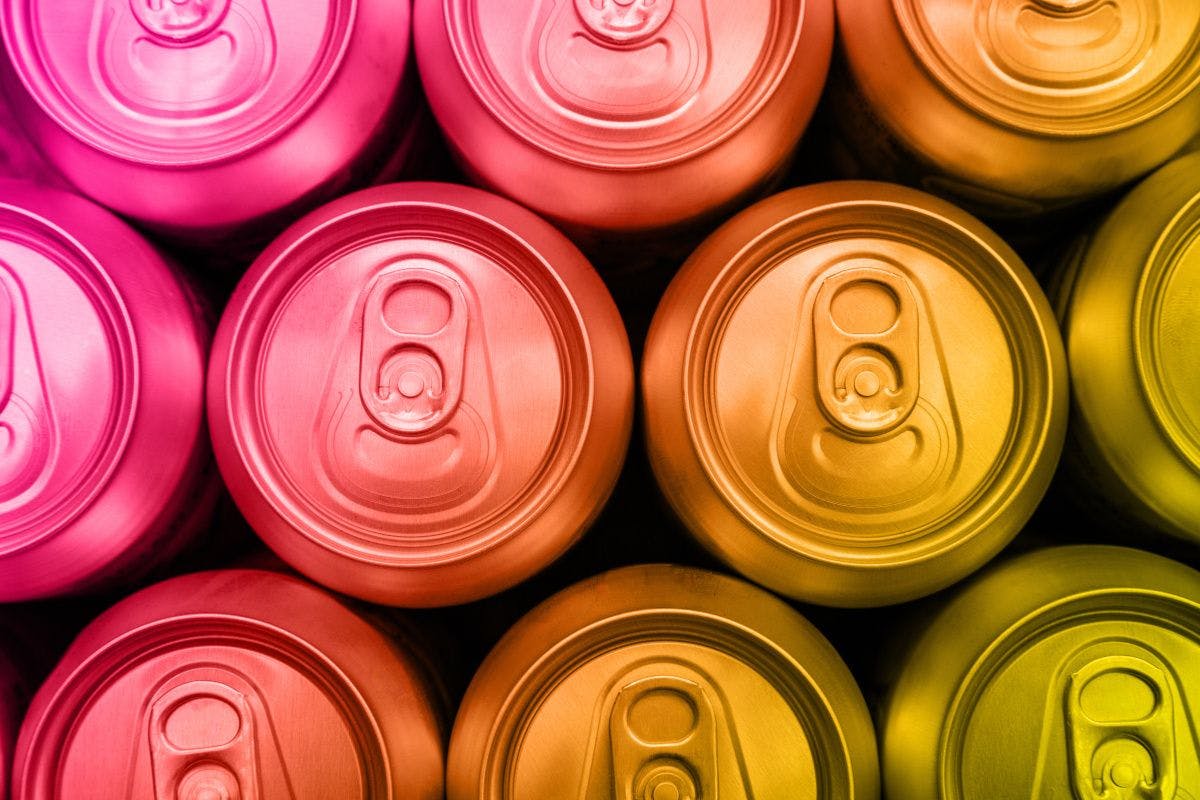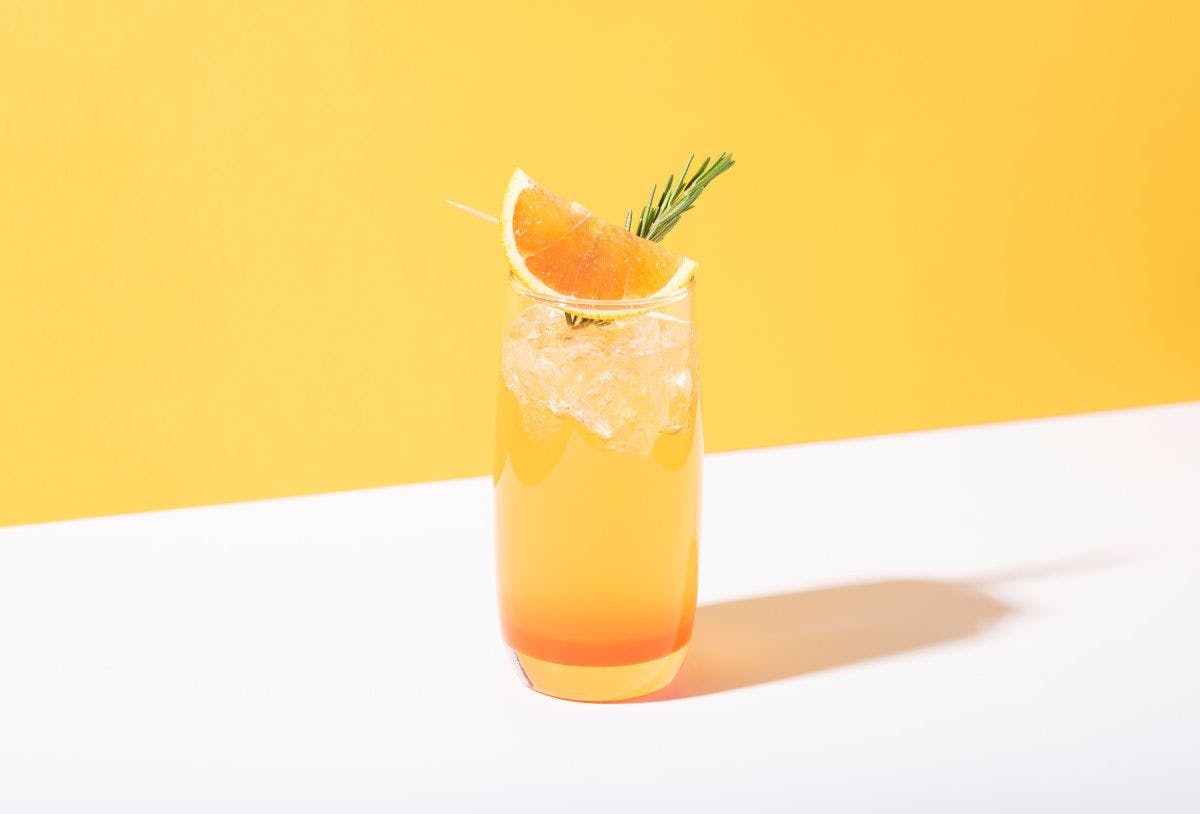The flavor possibilities of mocktails
As consumers embrace alcohol-free lifestyles, classic cocktail flavors may be a great way to delivery functional ingredients in beverage and gummy dosage formats.
Photo © AdobeStock.com/NaMong Productions

Flavor is no joke. When it comes to product development, user experience is paramount, and flavor plays a crucial part of that. And as Nutritional Outlook highlights each year with its Flavors to Watch coverage1, trends are constantly evolving, and consumers are increasingly more discerning. It’s no easy task keeping up with these trends and trying to stay ahead of them.
“Taste is critically important. I find that there’s a complete evolution in how we deliver that experience as the flavor profiles in demand change,” explains Bruce Brown, Kerry Group’s supplements lead for North America, noting consumers’ more sophisticated and discerning palates.“We’re finding [that] we’re constantly monitoring consumer behavior as it relates to taste preferences and of course the evolving demographic population in North America.”
Flavor is particularly crucial when dealing with nutraceutical ingredients that offer functions consumers are looking for but may impart unpleasant flavor notes. Stress management and mood support are good examples since certain adaptogenic and nootropic herbs may require substantial masking when formulating functional food or beverage products. When it comes to stress management, classic cocktail flavors in the form of mocktails may be an effective and compelling way to deliver these ingredients and benefits.
According to a survey2 from NCSolutions, 69% of Gen Z and 49% of Millennials are interested in drinking less alcohol in 2024, and 36% of Gen Z are going alcohol-free in order to improve their mental health. This same survey found that 1 in 3 Americans tried nonalcoholic drinks in 2023, with mocktails being the number one choice for nonalcoholic drinks they want to try in 2024. This creates some valuable synergies for functional beverages and current flavor trends. Nutraceuticals marketed toward cognitive health factors such as stress management and mood support offer a healthy alternative for consumers who might otherwise turn to an alcoholic beverage to reduce stress. Scott Dicker of SPINS noted in our Ingredients to Watch coverage on magnesium that the ingredient is well-positioned for functional beverages, mocktails in particular, for the ingredient’s stress support benefits.
The opportunity to recreate popular cocktails without alcohol allows brands to develop products that are already familiar to consumers from a flavor standpoint. And the flavor profiles are rather diverse. They often include refreshing citrus and floral flavors that people also associate with health benefit, while also allowing for indulgent flavors as well, such as espresso martinis. Cocktail favorites such as margaritas and daiquiris often utilize fruit flavors such as strawberry, watermelon, coconut and mango while leaving the door open for more adventurous flavor combinations.
According to Kerry’s 2024 Taste Charts, for example, orange flavors can cover a range of tonalities, including blood orange, tangerine, orange blossom, mandarin, and bergamot. The company states that 44% of orange-flavored products in the last five years were in the water and cold beverage category, and that a 17% growth in Aperol sales in 2022 was in line with the growth of bitter orange flavors.
While mocktails are beverages, their flavor profiles don’t have to be relegating to that format. It has potential in dispersible drink powders, and gummy manufacturers that want to target adult consumers can also take advantage of these classic flavors, and along this line, sleep support products can be marketed as a night cap. The mocktail concept has so many possibilities from a flavor formulation standpoint.
Reference
- Grebow, J. 2024 Flavor trends for food and beverage. Nutritional Outlook. December 22, 2023. https://www.nutritionaloutlook.com/view/2024-flavor-trends-for-food-and-beverage. (accessed 2024-04-02).
- Sober Curious Movement: 41% of Americans are Trying to Drink Less Alcohol. NCSolutions. January 2024. https://ncsolutions.com/the-goods/sober-curious-nation-alcohol-survey/ (accessed 2024-04-01).

Prinova acquires Aplinova to further increase its footprint in Latin America
April 7th 2025Prinova has recently announced the acquisition of Brazilian ingredients distributor Aplinova, which is a provider of specialty ingredients for a range of market segments that include food, beverage, supplements, and personal care.




















